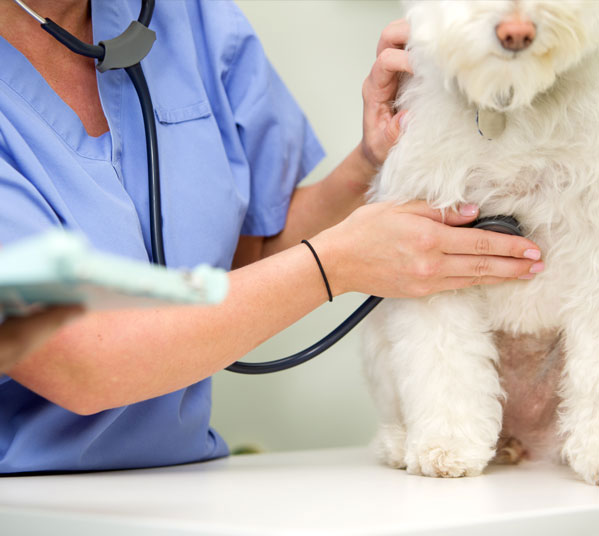|
What You Need to Know Before Your Pet's Upcoming Surgery
 Many people have questions about various aspects of their pet's surgery, and we hope this information will help. It also explains the decisions you will need to make before your pet's upcoming surgery. We like to do our anesthetic procedures on Fridays to allow you to spend the weekend recuperating with your pet. On Fridays, we only like to do one to three procedures to allow us time to provide the extra nursing care and attention that your pets need. Many people have questions about various aspects of their pet's surgery, and we hope this information will help. It also explains the decisions you will need to make before your pet's upcoming surgery. We like to do our anesthetic procedures on Fridays to allow you to spend the weekend recuperating with your pet. On Fridays, we only like to do one to three procedures to allow us time to provide the extra nursing care and attention that your pets need.
Is the anesthetic safe?
Today's modern anesthetic monitors have made surgery much safer than in the past. Here at Chesapeake Mobile Veterinary Services INC, we do a thorough physical exam on your pet before administering anesthetics, to ensure that a fever or other illness won't be a problem. We also adjust the amount and type of anesthetic used depending on the health of your pet.
Preanesthetic blood testing is important in reducing the risk of anesthesia. Every pet needs blood testing before surgery to ensure that the liver and kidneys can handle the anesthetic. Even apparently healthy animals can have serious organ system problems that cannot be detected without blood testing. If there is a problem, it is much better to find it before it causes anesthetic or surgical complications. Animals that have minor dysfunctions will handle the anesthetic better if they receive IV fluids during surgery, so almost all of our patients receive IV fluids. If serious problems are detected, surgery can be postponed until the problem is corrected. We require all patients to have pre-anesthetic bloodwork and a current heartworm test, if applicable. Lab testing should be done a few days prior to the procedure so that we can make changes to the treatment plan if necessary.
It is important that surgery be done on an empty stomach to reduce the risk of vomiting during and after anesthesia. You will need to withhold food for at least 8 to 10 hours before surgery. Water can be left down for the pet until the morning of surgery.
Will my pet have stitches?
For many surgeries, we place sutures in the skin. Some surgeries, especially tumor removals, do require skin stitches. With sutures in place, you will need to keep an eye on the incision for swelling or discharge. Most dogs and cats do not lick excessively or chew at the incision, but this is an occasional problem you will also need to watch. The skin sutures will usually be removed 10 to 14 days after surgery. We stop by your home to do this free of charge. You will also need to limit your pet's activity level for a time and no baths are allowed until the sutures are removed after surgery.
Will my pet be in pain?
Anything that causes pain in people can be expected to cause pain in animals. Pets may not show the same symptoms of pain as people do; they usually don't whine or cry, but you can be sure they feel it. Pain medications needed will depend on the surgery performed. Major procedures require more pain relief than things like minor lacerations.
Because cats do not tolerate standard pain medications such as aspirin, ibuprofen, or Tylenol, we are limited in what we can give them. Recent advances in pain medications have allowed for better pain control in cats and dogs than ever before. We administer a pain injection 10 minutes prior to surgery. After surgery, pain medication is given on a case by case basis. Any animal that appears painful will receive additional pain medication. We may send home pain medication as well depending on the type of procedure that was done.
What other decisions do I need to make?
While your pet is under anesthesia, it is the ideal time to perform other minor procedures, such as dentistry, ear cleaning, or implanting an identification microchip. If you would like an estimate for these extra services, please call ahead of time. This is especially important if the person dropping the pet off for surgery is not the primary decision maker for the pet's care.
When you bring your pet in for surgery, we will need you to bring the appropriate paperwork that you were sent by mail prior to your visit. We also would like you to leave a phone number where you can be reached at all times, because we like to call and let you know when your pet is awake and plan a discharge appointment. When you pick up your pet after surgery you can also plan to spend about 10 minutes to go over your pet's written home care needs.
We will call you the night before your scheduled surgery appointment, to confirm the time you will be dropping your pet off and to answer any questions you might have. In the meantime, please don't hesitate to call us with any questions about your pet's health or surgery.
|